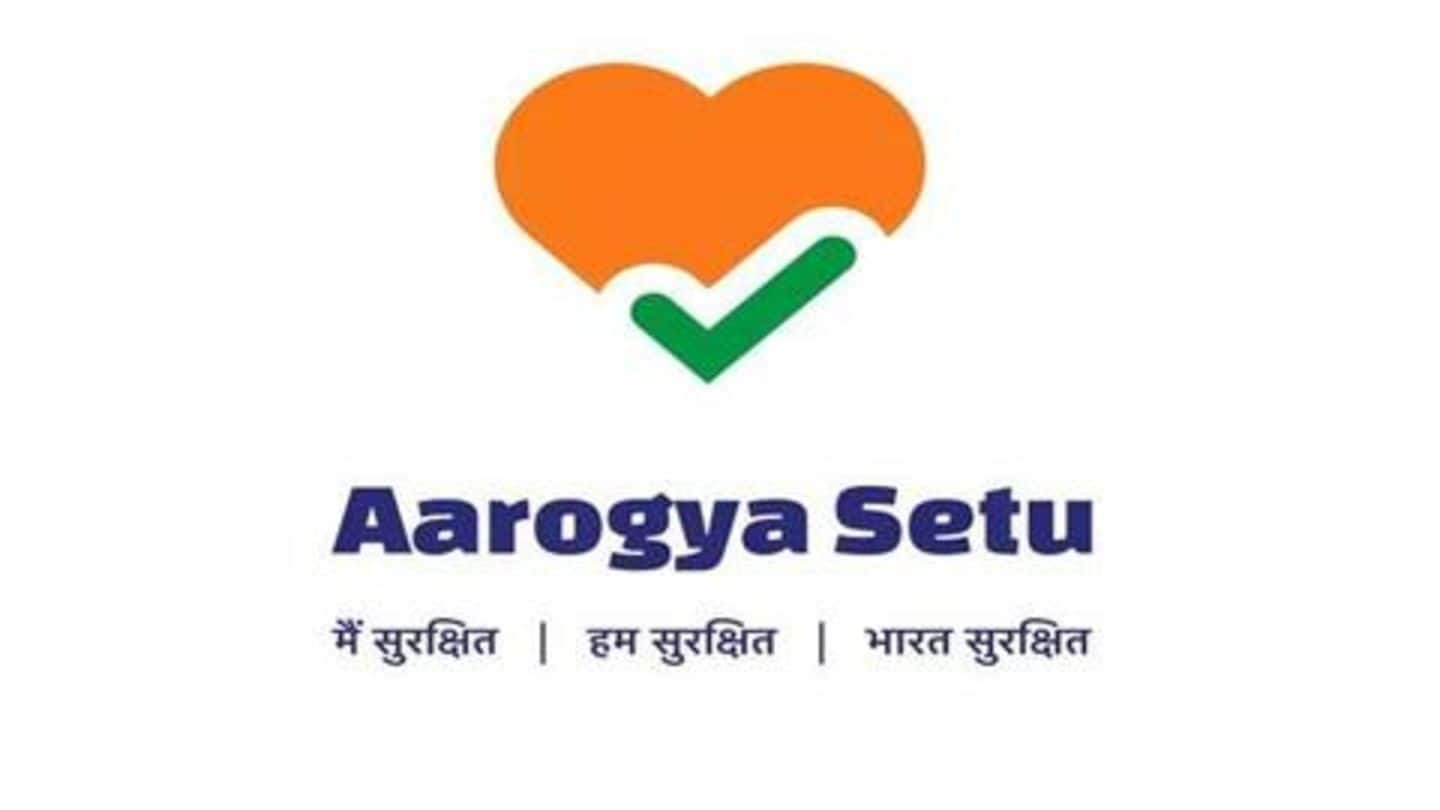
Aarogya Setu for feature phone, landline: How to use it
What's the story
Aarogya Setu, the COVID-19 contact tracer from the government of India, is now available for feature phones and landlines through an Interactive Voice Response System or IVRS.
The service works with a simple call to a designated number and comes as part of the country's effort to help people check if they have contracted the novel coronavirus disease.
Here's all about it.
Service
Call at 1921 for COVID-19 assessment
Starting today, Indians with feature phones and landlines can give a missed call to 1921 to access Aarogya Setu IVRS.
Once you make the call, an automated system will call back, asking a series of health-related questions in line with the Aarogya Setu app such as the symptoms you are witnessing, details of recent foreign travel history, and possible contact with an infected individual.
Assessment
Depending on answers, it will give an assessment
On the basis of the answers provided, the IVRS determines the health condition of the caller and sends an SMS detailing the same.
The government says the system is completely free to use in 11 regional languages, and all the inputs given by the users will be added into the database of the Aarogya Setu app. Callers will also get other COVID-19-related health alerts.
Plan
KaiOS version of Aarogya Setu also in the works
The development of the call-based system comes as the government tries to push Aarogya Setu to people who do not have access to Android/iOS devices.
So far, the smartphone app of the contact-tracer has been downloaded by over 9 crore Indians - a figure which will grow further, given that the National Informatics Center is already developing a KaiOS-specific version of the app.
Information
KaiOS runs on over 100 million JioPhones
With a version for KaiOS, the Aarogya Setu app would effectively become accessible on over 100 million (10 crore) JioPhones and other feature phones from Nokia and the likes.
Concerns
However, privacy and security concerns also remain
The government continues to double down on Aarogya Setu regardless of the criticism it has been facing.
Several privacy-advocates, including the Internet Freedom Foundation, Mozilla, and ethical hacker Elliot Alderson, have been raising alarms over the privacy and security of the app. Further, since it is not open-source, experts can't scrutinize its code which affects transparency.